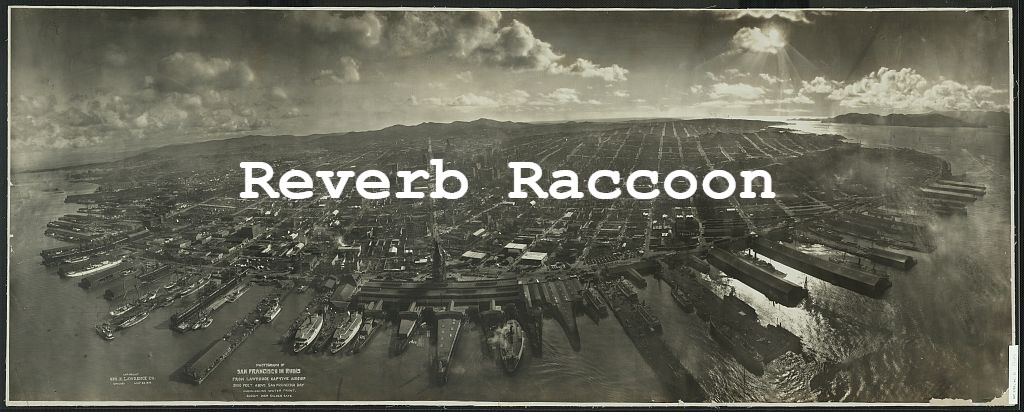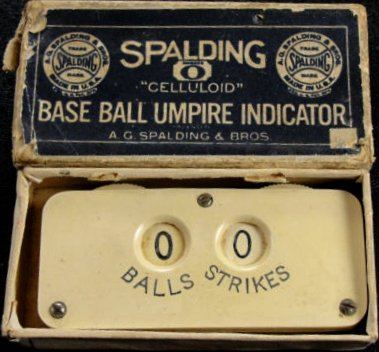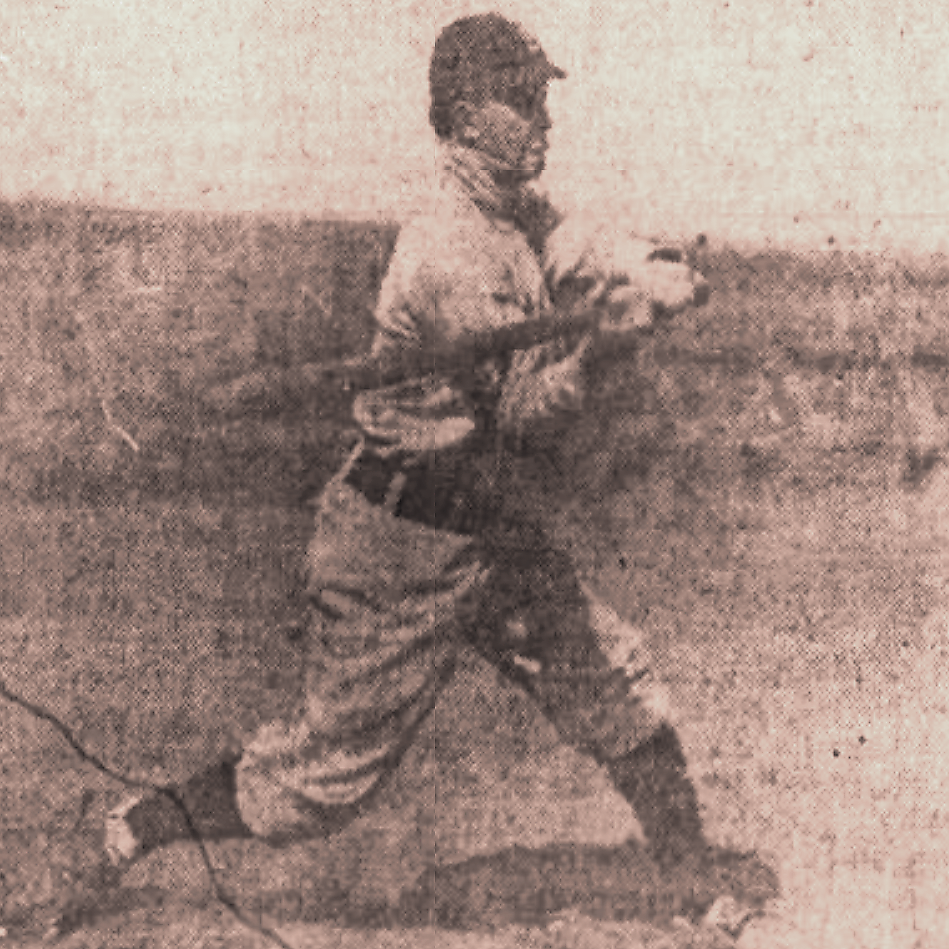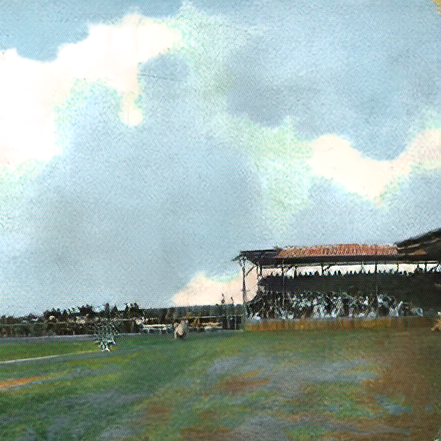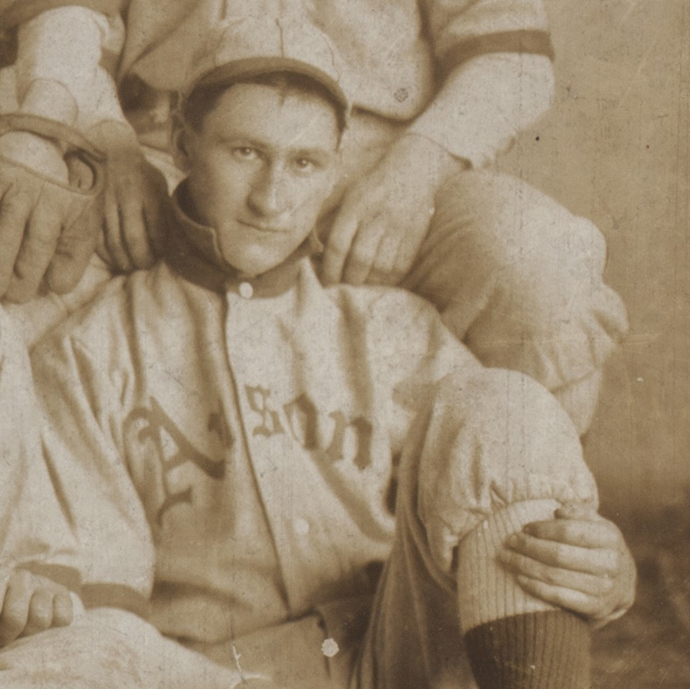Requiem for a Minor League Baseball Season
On Friday, September 2, the Beaumont Millionaires of the Class C South Texas League closed out their 1904 season with an 8-5 win over the Houston Wanderers, known as the Mud Cats, a team that had gone belly-up nearly a decade before. Thirteen fans witnessed the game. An anonymous writer for the Beaumont Enterprise captured the scene and provided a timeless tribute to minor league baseball of any era.
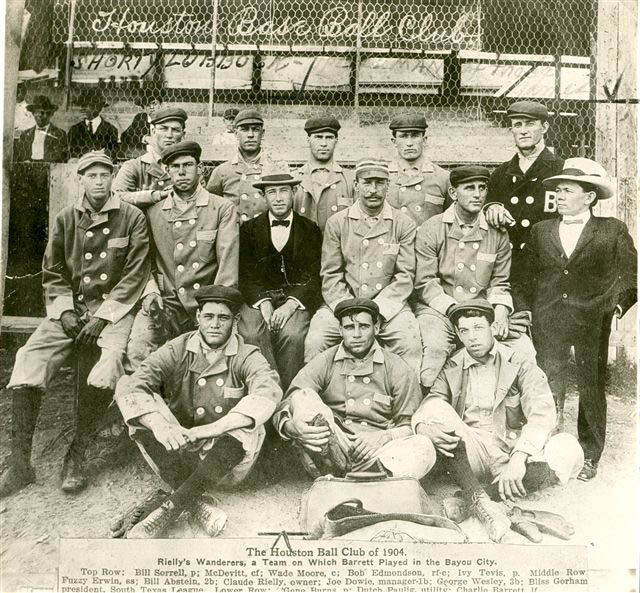
Beaumont won the last game of the season. Houston was the opponent and although the Mud Cats seemed to be trying to win the locals walked away from them by superior batting at critical times. A conservative estimate places the paid attendance at thirteen but nobody expected a crowd, as there was no interest in the game, the season having practically closed when Beaumont lost its last game to Galveston four days ago.
As a matter of fact it was a pretty good game, much better than many that have been seen on the Driving Park diamond this season. The scene contained a touch of pathos, also. It was hard to realize that the big, silent, bare, echoing grand stand had time and again contained howling, roaring, stamping, perspiring, delighted humanity that seemed, for the time being, to have gone stark, raving mad in a wild desire to see its favorites win. Yesterday there was no crowd, no enthusiasm, no cheering, nobody but a little handful of faithful few, who couldn’t quite forget the things the Beaumont team had done in the weeks past to give them pleasure.
Out on the diamond the sentiment of a dying summer also was felt, but there were times when the players jollied up, threw jokes back and forth at each other, kicked up their heels and appeared delighted that the hard grind of a game every day was at last about over. Leaning over the railing from one or two boxes was here and there an expiring fan, his face sad, his heart heavy. The end of the season had arrived. Two men were out, two strikes had been called and there were no balls. Time, the great umpire, was about to send fandom to the bench for good and fandom felt sorry.
Down in front of the grandstand, with arms hanging limply over the pickets, half a dozen ardent followers of the dope watched the contest with dreary eyes. Up in the press bench, which Wyche Greer had often made unearthly with his yells and which every friend of the press has aspired to sit in whenever opportunity offered, and where little Bliss P. Gorham, the doughty president of the league, has many a time expounded wisdom of the diamond, the official scorer sat in lonesome grandeur.
The boys who “did baseball” for the various papers were not in evidence. They were satisfied to write the report of the last game from a copy of the score. Once or twice the telephone bell tinkled weakly and a fan down town, still following in his heart the destinies of the Beaumont team, would ask how the game was going.
At last it was over. The final out was made. The players threw their gloves into the air, emitted yells and squeals, turned flip flop, grabbed their bats and coats and ran for the cars. The thirteen sad eyed fans sorrowfully turned their backs on the scene of victory, defeat, hard fought battle, fistic encounter, joy, disappointment, but, without pleasure, and slowly wended their way out of the grounds. The season of 1904 had ended.
Beaumont Enterprise, September 3, 1904

